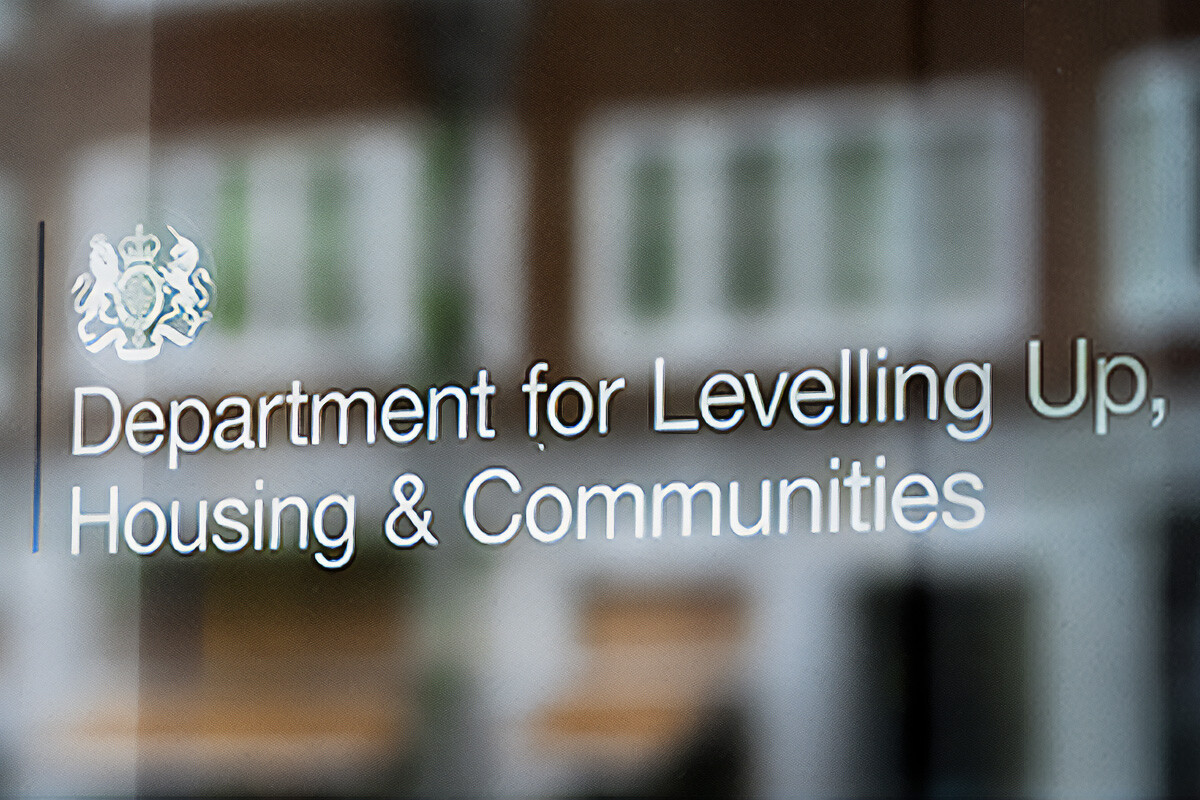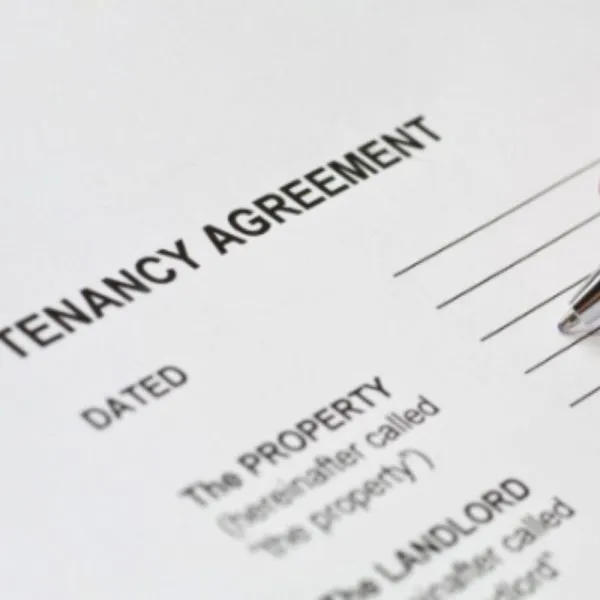With mortgage rates fluctuating and property costs on the rise, many UK landlords are considering rent increases to protect their investment. While adjusting rent can help balance these expenses, it must be done within a lawful framework and in a way that respects tenants' financial realities. This updated guide highlights key steps and considerations for landlords aiming to navigate rent increases both ethically and effectively.
1. Understanding the Legal Landscape
Before proposing any rent increase, it is crucial to review your current tenancy agreements and confirm you’re following the relevant legislation in your area. For instance, landlords in England who wish to raise rent for a periodic tenancy typically use a Section 13 notice. However, if your property is in Wales or Scotland, the procedures may differ due to devolved legislation. Staying informed about these variations ensures you avoid invalid notices or potential legal disputes.
2. Preparing to Adjust Rent
Most tenancy agreements include clauses on how and when rent can be increased. Reviewing these terms is your first step. You should also examine the local property market to confirm the new rent remains in line with comparable homes. While this helps justify an increase, it also reduces the risk of tenant complaints about unfair pricing.
3. Serving Notices and Observing Notice Periods
When increasing rent for periodic tenancies, landlords must generally serve a formal notice, such as a Section 13 notice in England. The notice should specify the proposed rent, the date it will take effect, and adhere to the proper notice period. Typically, for monthly tenancies, landlords must provide at least one month’s warning. Annual or longer agreements may require more time, sometimes up to six months. Adhering to these deadlines underscores your commitment to transparency and fair dealings.
4. Ensuring Transparency and Goodwill
Tenants are more likely to accept a rent increase when they understand the reasons behind it. Highlighting mortgage rate pressures or other rising property costs can clarify your position. Explaining how you determined the new figure—by referencing local rental market data, also demonstrates fairness. Some landlords choose to phase in the increase to lessen the strain on tenants, fostering a more cooperative environment.
5. Handling Tenant Concerns
- Communicate Early: Share news of any upcoming increase as soon as you can. Clear, timely communication shows respect and may prompt constructive conversations.
- Consider Negotiation: If tenants voice financial difficulties, explore alternatives such as a modest phased increase. Balancing your mortgage obligations with tenant retention often proves more cost-effective in the long run.
- Document Everything: Keep written records of notices and discussions. If disputes arise, thorough documentation strengthens your position and clarifies the sequence of events.
6. Legal Support and Further Guidance
Occasionally, tenants may challenge the proposed increase or take their objections to a tribunal. In such cases, it is wise to seek legal advice or consult reputable organisations like the National Residential Landlords Association (NRLA). Having a clear paper trail, including proof of proper notice and a rationale for the increase, will often resolve disputes more quickly. Complying with safety and deposit protection requirements also safeguards your position, as failure to meet these obligations can undermine rent increases or future eviction notices.
Balancing Costs with Compliance
Raising rent to offset rising mortgage costs is a legitimate strategy for many landlords. By reviewing your tenancy agreements, adhering to proper notice periods, and explaining the reasoning behind the adjustment, you can help tenants understand that the increase is not arbitrary. This transparency often prevents tension and protects you from legal complications. For more information on legally compliant rent adjustments, visit Gov.uk’s rent increase guidelines or reach out to legal professionals who specialise in landlord-tenant law. Open communication and a fair approach can ensure your financial stability without jeopardising positive tenant relationships.





